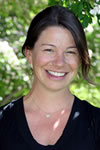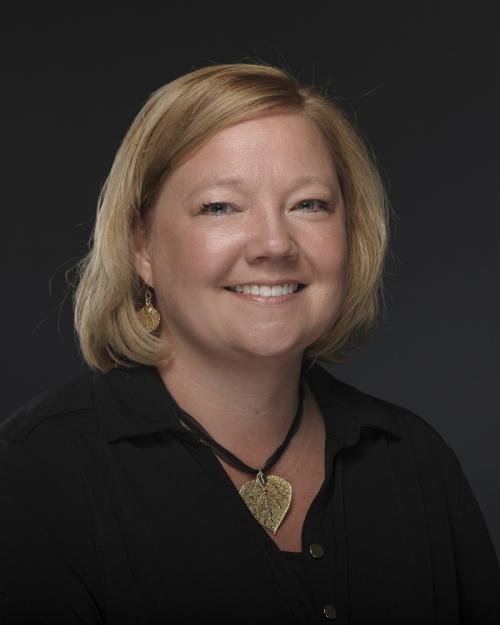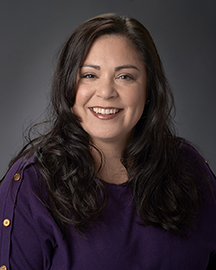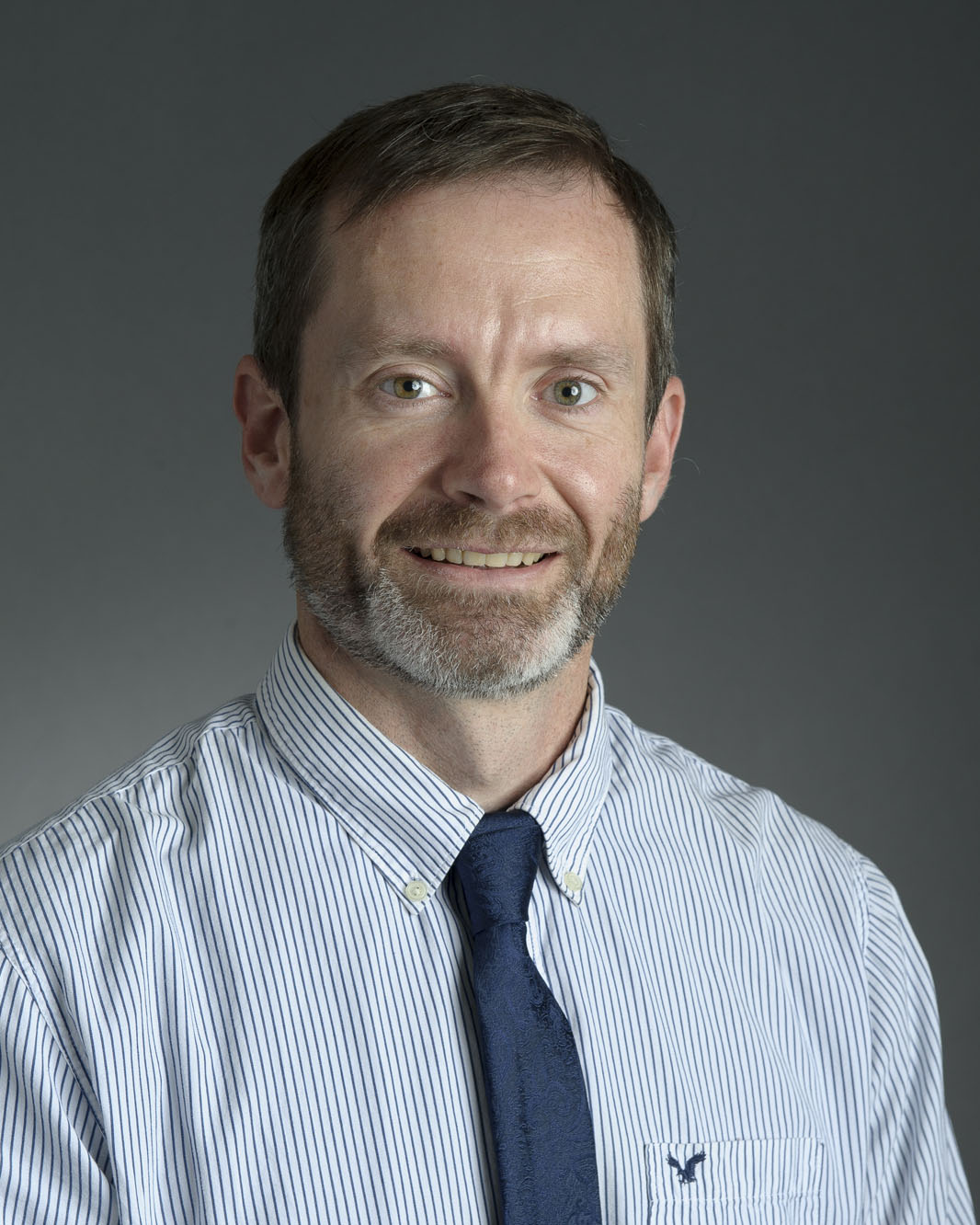School Counseling
Overview
Competent counseling practice is informed and guided by theory. The school counseling
degree emphasizes thorough knowledge of counselees' developmental and social contexts.
Theory-based approaches to individual, family, and group counseling are covered in-depth.
During counseling practicum, students are closely supervised in their use of knowledge
about counselees and counseling theories. Students counsel school-aged children as
well as adults and elders. Supervised practice continues and is expanded during internship.
Upon completion of their internship, students will have met CACREP standards for training experience in school counseling.
Because school counseling requires high levels of professional maturity and interpersonal
skills, the curriculum offers a number of experiential learning courses which are
designed to foster students' personal development, relationship skills, and professional
orientation. The courses include self-exploration and skill acquisition regarding
personal values, professional issues, personal and professional relationships, and
group dynamics. The courses offer opportunities for development of cohesive relations
between students through self-disclosure, empathic listening, feedback, and role-plays.
School counseling students take a common core of classes with students from the mental
health counseling and marriage, couples, and family counseling programs. This core
of course work provides all students with the knowledge and skills necessary to be
a professional counselor and follows the standards developed by CACREP. In addition,
students in the school counseling program also study aspects of counseling germane
to the school setting. These include school counseling program development, working
with children and adolescents, professional issues in school counseling, and a 600-hour
internship within a school setting. The program focuses on a comprehensive and developmental
approach to designing and implementing a school counseling program, and follows the
standards developed by the American School Counselor Association. The program strives
to provide the necessary self-awareness, knowledge, and skills for counseling students
to become competent and capable professional school counselors.
The program includes a counseling practicum (100 hours) and an internship (600 hours)
totaling 700 hours of supervised counseling practice, and course work related to each
of the CACREP core areas. Licensed Clinical Professional Counselors (LCPC) in Montana
must complete a 60-credit master's degree, which includes six credits of practicum
and an internship experience, and 3000 hours of supervised counseling experience (1500
hours must be completed after graduation). If school counseling students complete
an additional 12 credits they may apply for licensure as a licensed professional counselor
with the Montana Board of Behavioral Health after completing post-graduate, supervised counseling experience in the field. Students
acquire 700 hours of supervised counseling experience prior to graduation, which can
be applied to the 3000 hours of supervised experience needed prior to licensure.
This program is an approved Western Regional Graduate Program. The WRGP allows master's, graduate certificate, and doctoral students who are residents of WICHE-member states to enroll in 900+ graduate programs at 60 public institutions outside their home state, and pay up to 150 percent of resident tuition. To learn more, please see the WICHE/WRGP website.
In addition to providing a core foundation in the profession of counseling, the school counseling program promotes the development of a school counseling program based upon national standards developed by the American School Counselor Association (ASCA) through a variety of didactic and applied course experiences.
Faculty

Katey Franklin, PhD
Asst Professor; Program Leader, School Counseling

Rebecca Koltz, PhD
Professor; Program Leader, Marriage, Couples, and Family Counseling

Bryan Lamb, PhD
Director, Human Development Clinic; NTT Instructor

Sarah Mendoza, PhD
Asst Professor; Program Leader, Clinical Mental Health Counseling


















